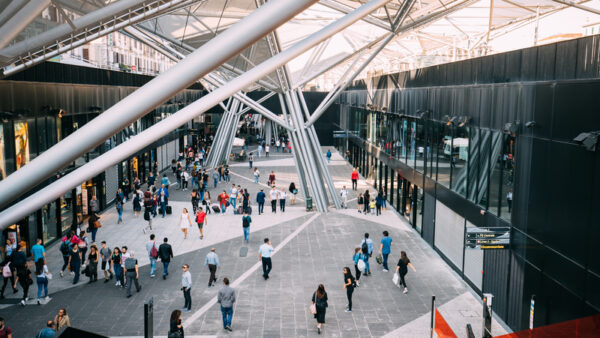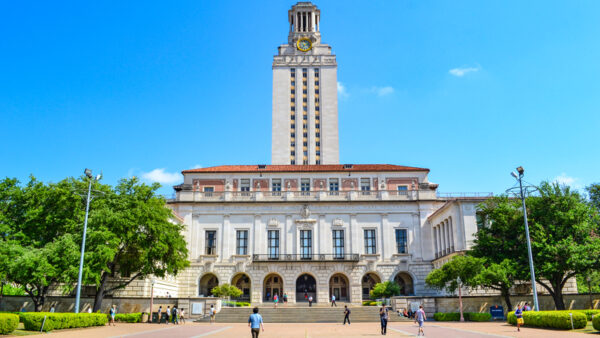UK consulting engineer Arup has teamed up with the China Centre for Urban Development and banking group HSBC to launch a technology and investment hub to make cities smarter.
The project, called the UK-China Smart City Initiative, will encourage private companies to work with the Chinese government to work on ways to allow cities to expand without compromising quality of life.
The aim is to integrate IT, civil engineering and urban design to make cities more attractive to investors.
The partnership was formally launched at the 8th UK-China Economic and Financial Dialogue in London.
The idea of “smart cities” was highlighted in China’s 12th and 13th Five-Year Plans as a “sector that should be strengthened and encouraged”.
Douglas Flint, the chairman of HSBC, said “tireless collaboration” was needed between national and municipal governments, and between the public and private sectors, to make fast-growing cities sustainable and liveable.
“This initiative will enable municipal authorities and businesses in both the UK and China to work more closely together to develop smart cities which meet our economic, environmental and social objectives,” he said.
Smart cities mean big business, experts say. According to a previous Arup study, the global market for smart cities could reach $408bn by 2020, and China will be a significant driver of this growth as some $70bn has been earmarked for Smart Cities in China during the 13th Five-Year Plan period, between 2016 and 2020.
In one of China’s showpiece smart cities, Yinchuan in the north of the country, people pay bus fares using facial recognition, solar powered rubbish bins increase their capacity five-fold by compacting rubbish, and people can order groceries on their phone and pick them up at refrigerated lockers.
Image: Artist’s render of the Eontime World theme park planned for Yinchuan, “China’s smartest city” (Ideattack)






